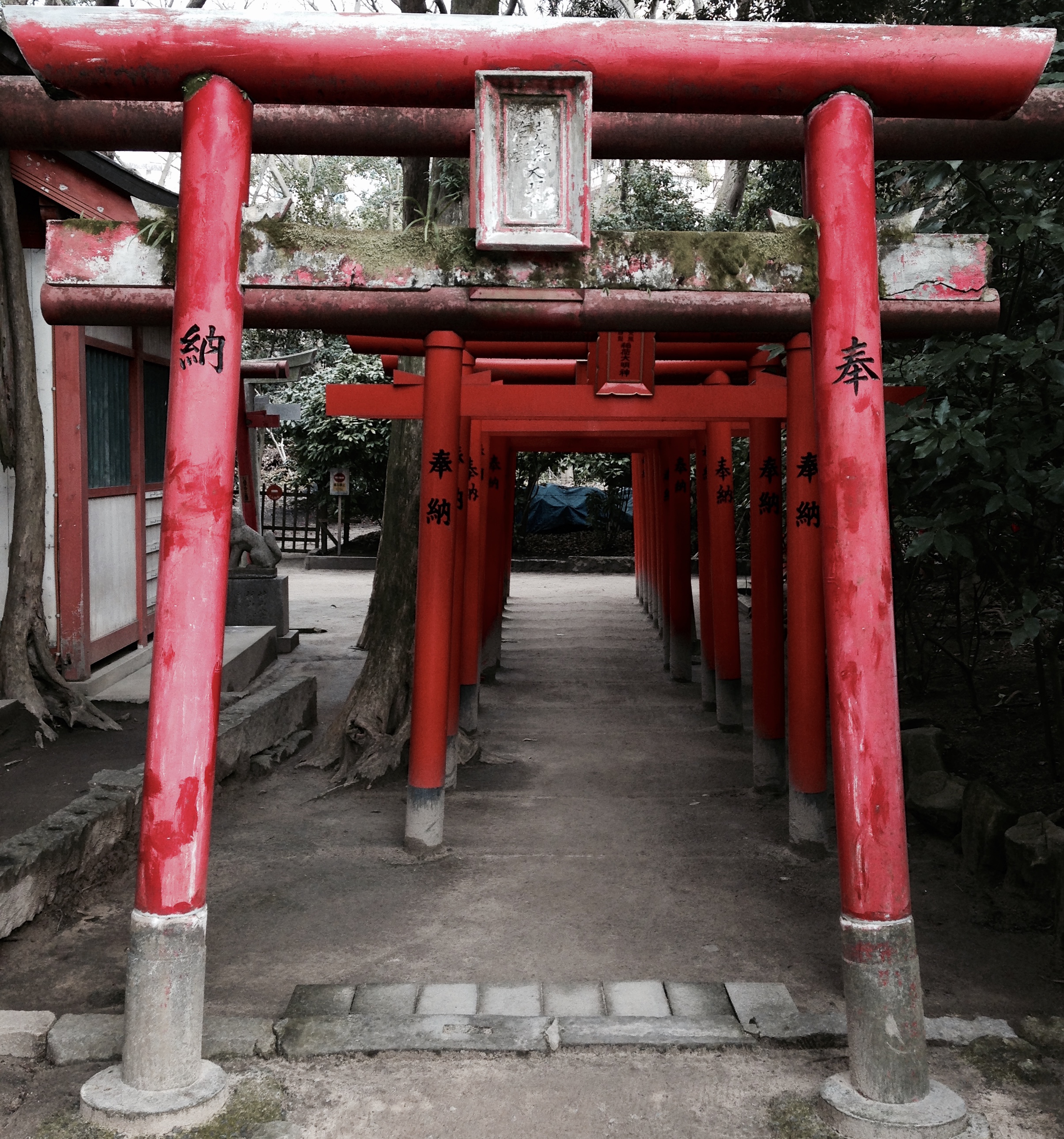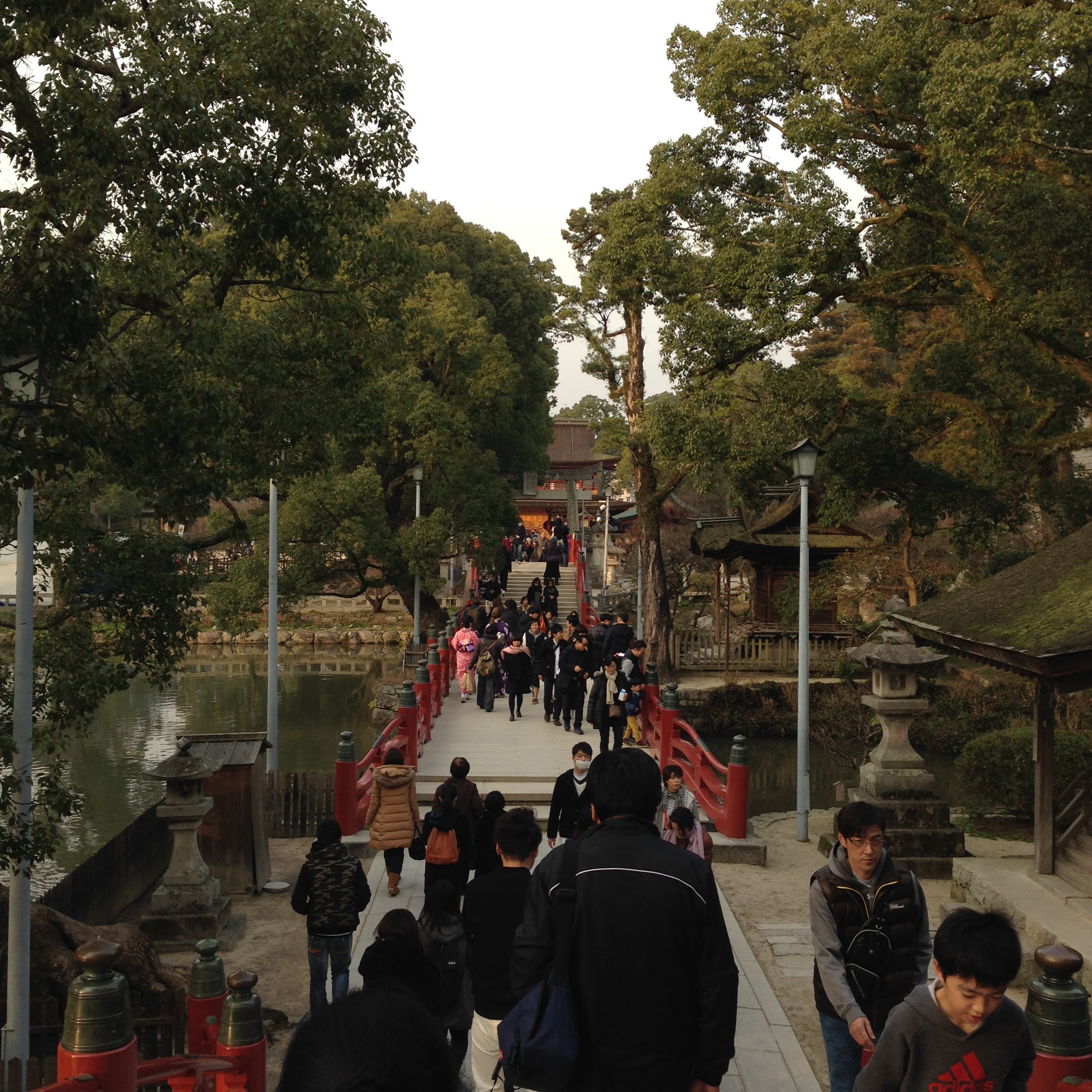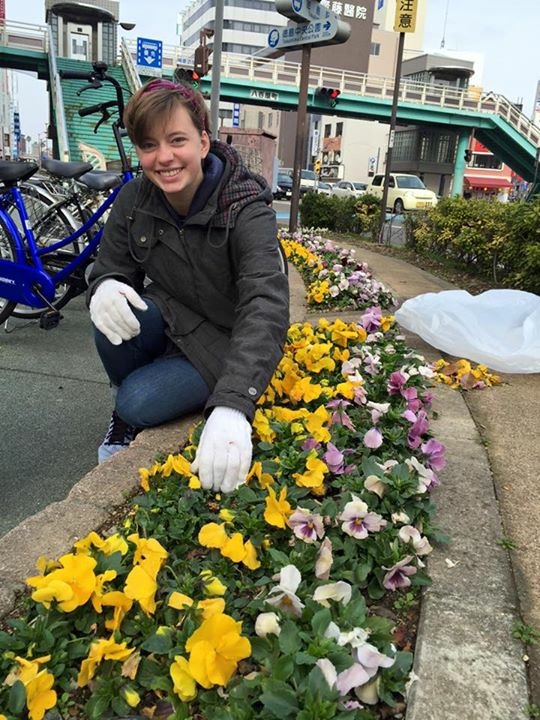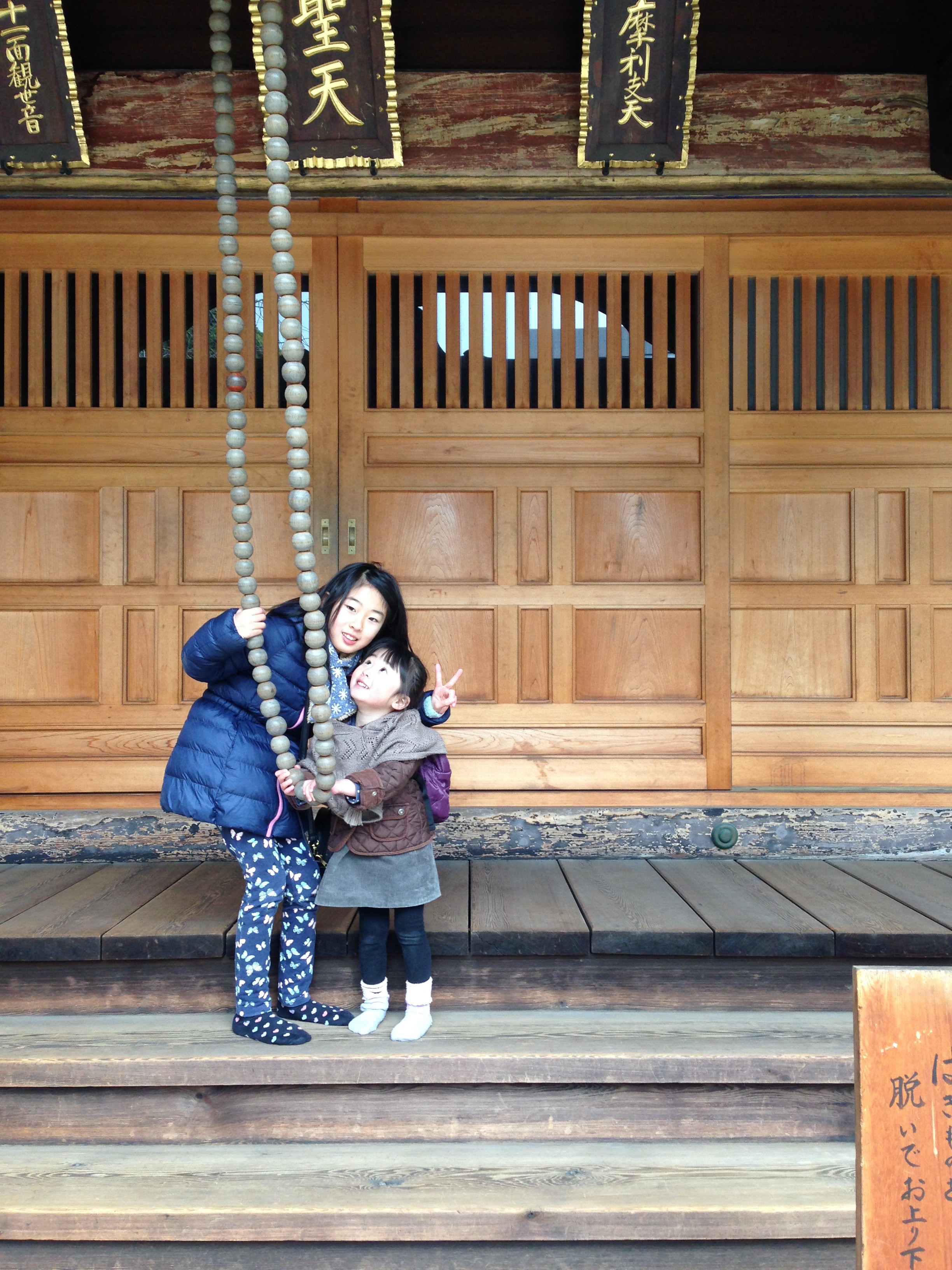




Truth be told, over the course of my Group Semester I had doubts about my future in volunteering. I struggled with what being a volunteer meant to me, and what kind of imprint I wanted to leave in the minds of others.
I spent last semester in East Africa, specifically Tanzania, Rwanda and Uganda, and unfortunately, I found myself uncomfortable with my position as a foreigner in Africa. I grew overtly aware of what my place was in the East African society, and worried whether or not I had the right to be there at all. I left for Africa expecting differences in lifestyle and economic class, but what I couldn’t prepare for was the impact my very being in Africa could have on African perceptions.
For years, volunteers have come to East Africa to “Help”. There seems to be an assumption in western culture that as long as someone gets on a plane with enough passion and funding, they can fix Africa. They can solve long standing, complex issues of poverty, poor educational systems, and poor health systems, by simply wanting to. They often have no knowledge of the people, the history, or the circumstances surrounding the issues, and they often don’t stay long enough to see things through. For instance, they could visit rural Rwanda for a few months, and build a school. They could get the funding and man-power needed to build the structure, and then satisfied with their work, go home, failing to take into account a project’s need for sustainability and self reliance. Where will they find teachers for the students, and if they have teachers, how will they pay them for their services? What curriculum will they teach? What supplies will they use to teach said curriculum? How will families pay to send their children to school? And if they can pay, what transportation will there be to usher the kids back and forth? What compensation will there be for families loosing a valuable worker? Complexities such as these have been often overlooked in the traditional style of volunteering. These types of volunteers, though hoping to do some good, have instilled a deeply rooted inferiority complex in Africans, while failing to affect any long term positive change.
As I interacted with East Africans, I felt the assumptions that I was there to do the same thing. I was a volunteer, I was there to “help”: to fix something and then leave, without bothering to learn from the people and the culture I was a quest of. I knew that wasn’t the case: Carpe Diem’s mission is to empower their students to work together with local people towards a common goal, striving to breach the cultural divide, and establish positive relationships. But still, I felt conflicted. I struggled with my role as a foreign volunteer, and strove to find what service meant to me.
Now I’m in Japan. Tokushima City in Tokushima Prefecture to be specific. Coming here, I still had worries about volunteering, but, as I have lived here, day after day, those worries have disappeared.
Here, my duties consist of the watering, pruning, weeding and all around care of the many pansies lining O-hana Road. We have over ten thousand pansy plants, and it is my job to look out for them and make sure they’re bright and smiling. Sometimes when I’m working, little old ladies will pause in their step to admire the flowers, telling me they’re beautiful, wonderful. People stop to talk to me on the street, ask me where I’m from, why I chose Tokushima, and to cheer me on: Gambate! (work hard!) they say. I have been to not one, but three different welcome parties since I arrived, and each time I’m surrounded by smiling Japanese strangers, speaking to me in good natured, but broken English, and me stammering out answers in poor Japanese. Each time it amazes me how easy it is to find kind people and to connect with them, though we barely understand each other. I laugh at Shinri-san’s jokes and crazy acts, me and my fellow Italian volunteer Fede, talk about American Politics and about how much we miss cheese, we go on little adventures to experience the culture and to practice my horrid Japanese. There is a rush to struggling though learning a new language, and being vulnerable to mistakes and awkwardness, and an elation following every new thing you learn. And the best part is you can make mistakes and be awkward, because you know no one really cares.
The work itself is menial and usually kind of boring, in a meditative type of way, but I have realized, that’s not what matters. The work is less important then the ideas and the people behind it. Shinri-san, and Nakamura-san, and everyone at Bizan Daigaku are so passionate and kind, and they put in effort everyday just to make sure that people walking to work, or coming home to school, have something beautiful to look at and appreciate. They are all working hard for something, for a little bit of beauty, and I want to do what I can to be a part of that. I can pull weeds and water flowers, that much I can do.
That’s what service means to me: putting in your bit of effort, because you respect the efforts and passions of others. It’s about making new friends and finding kindness halfway across the world, its about giving what I can to people who believe in a cause whole heartedly.
Besides, I have started to like gardening: there is something special in caring for beautiful things.
